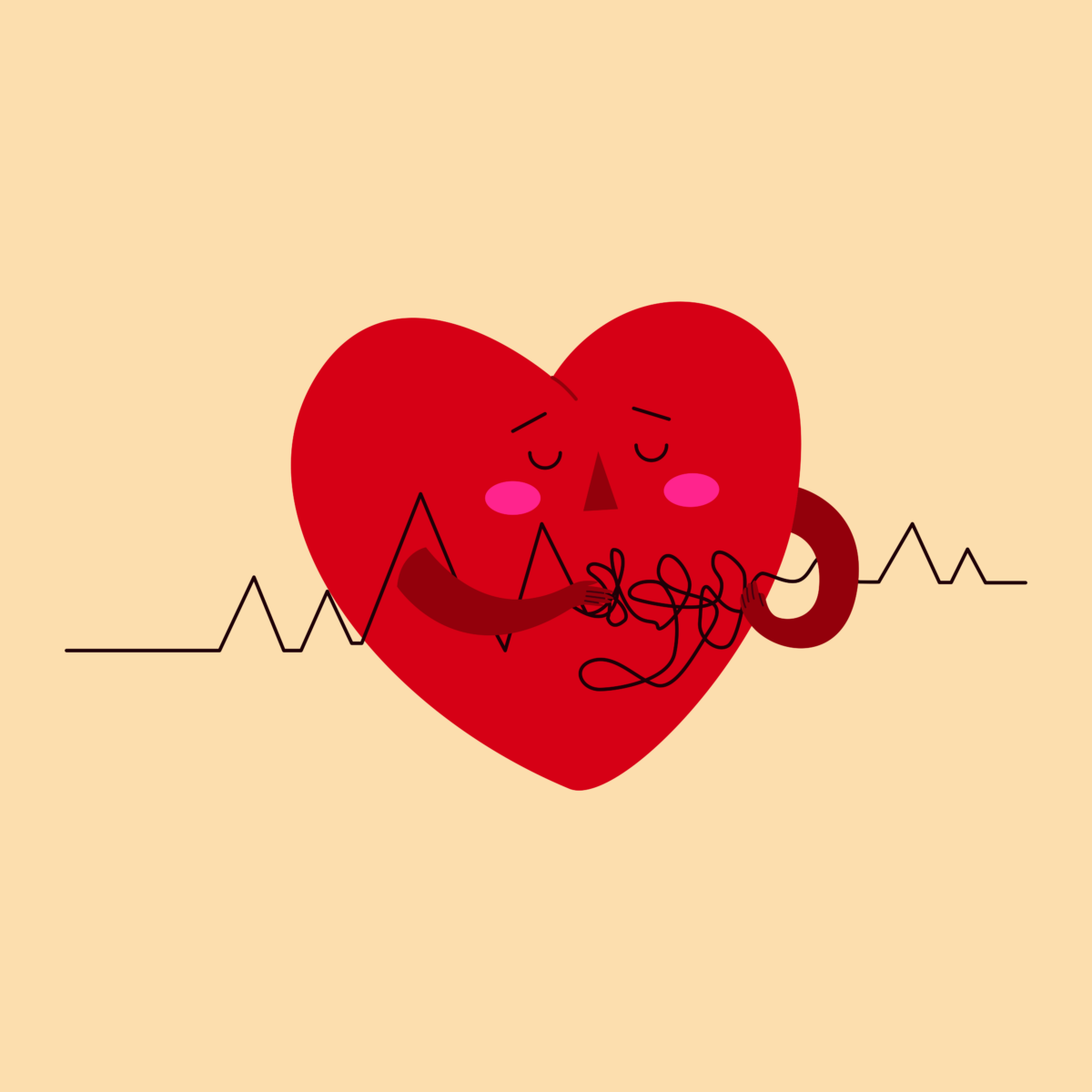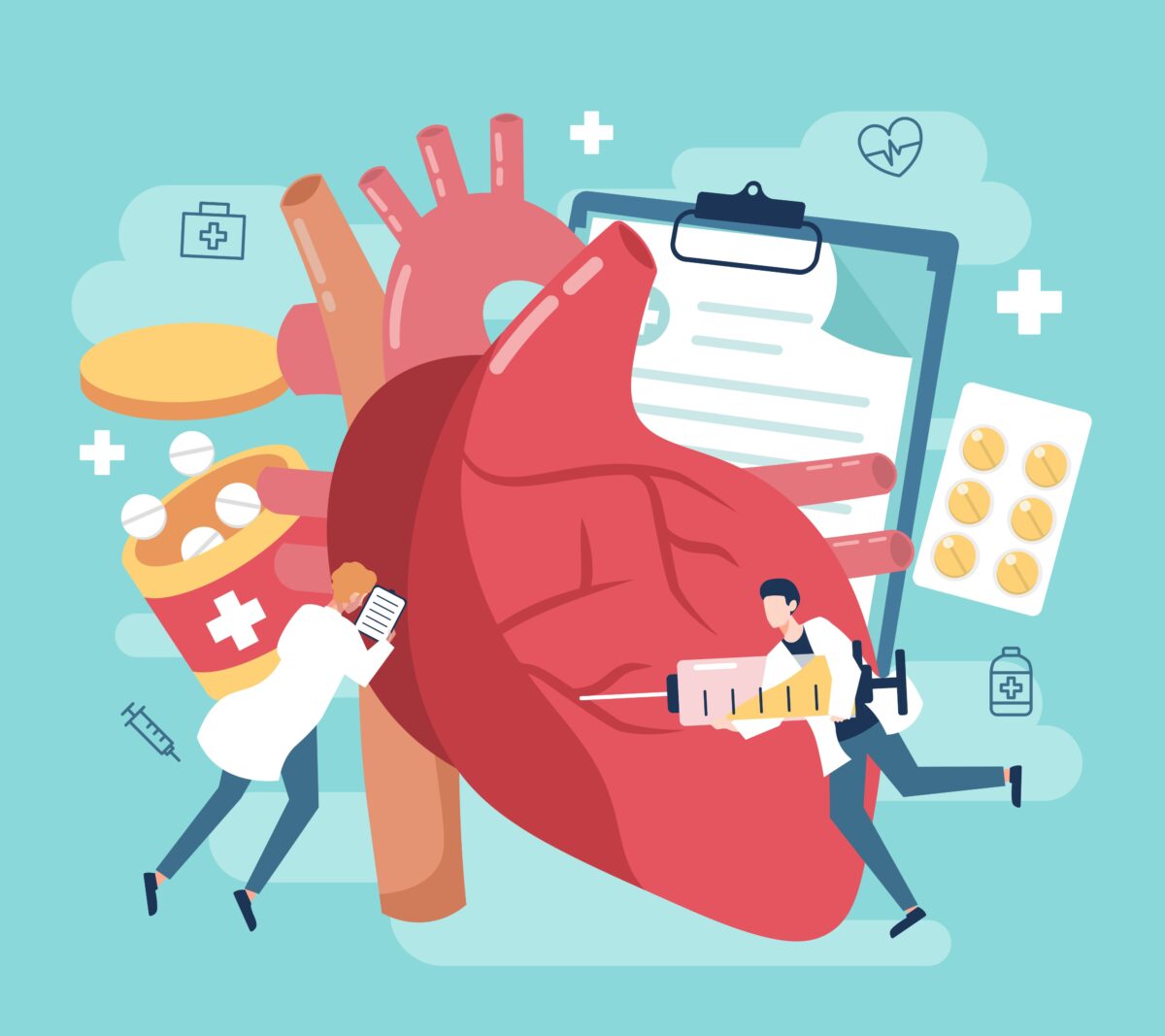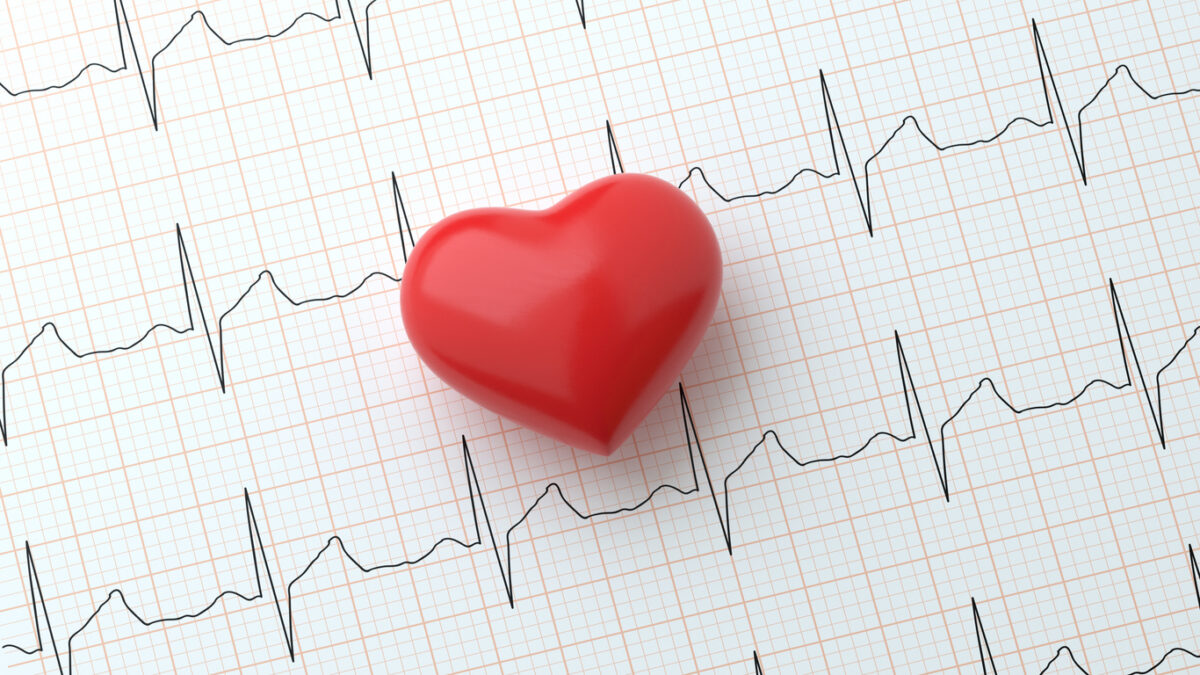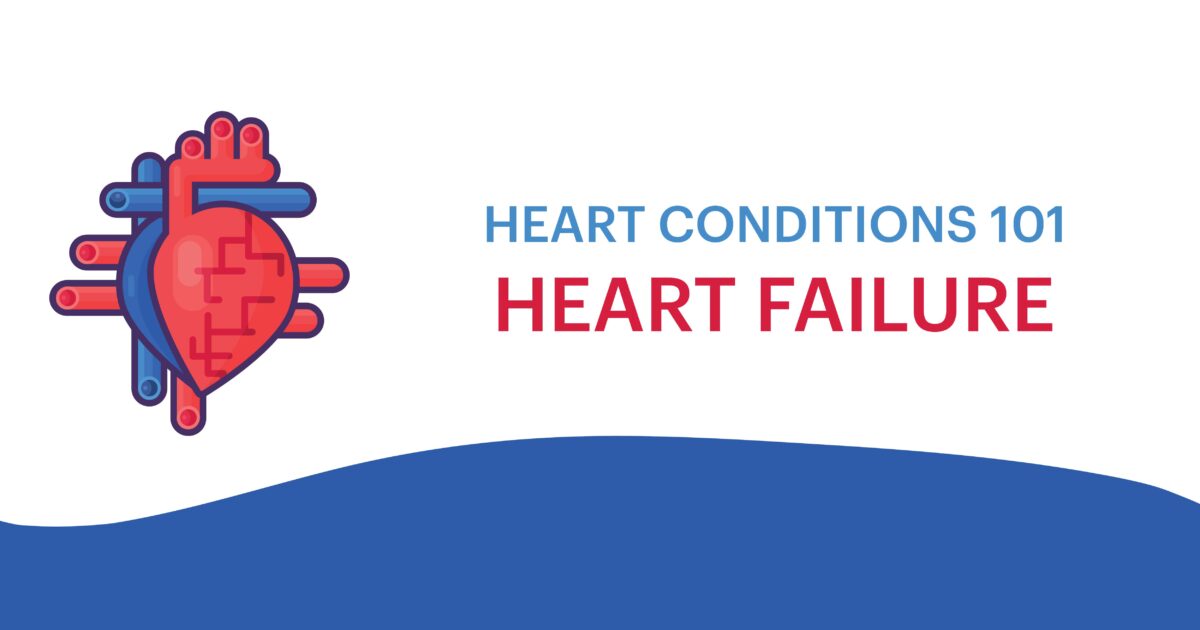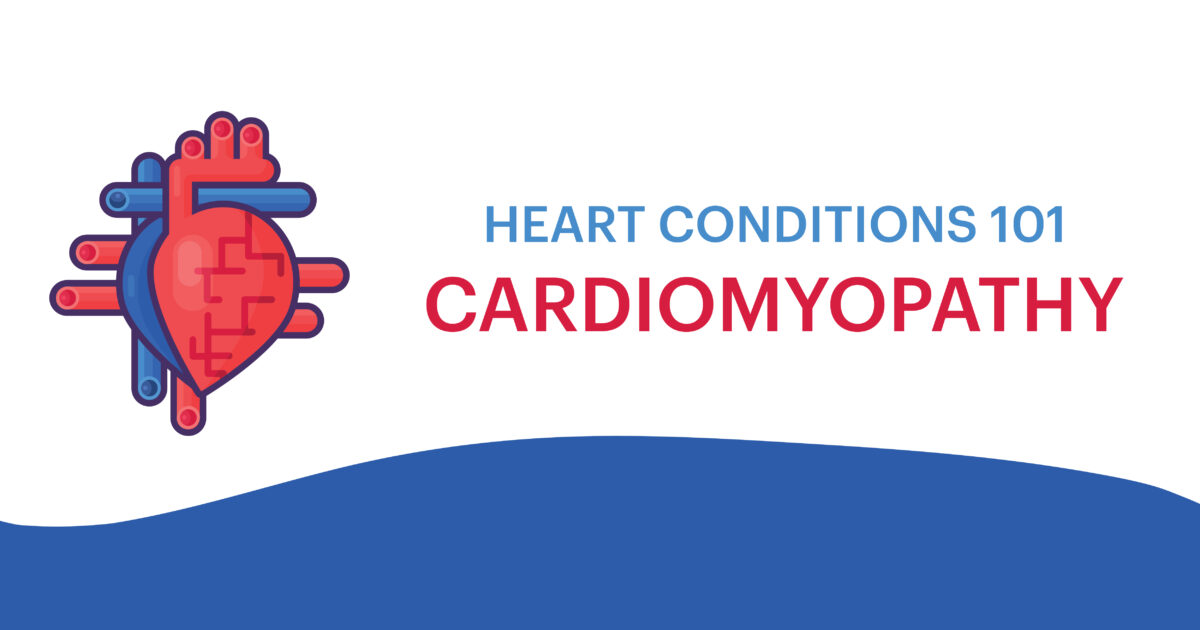Have you ever felt your heart flutter, race, or skip a beat unexpectedly? These sensations, often called heart palpitations, can be startling. While they’re usually harmless, they may sometimes signal underlying health issues. Understanding the causes and when to seek medical advice is key to staying heart-healthy. What Are Heart Palpitations? Heart palpitations are feelings of your heart racing, pounding, …
Can I Prevent Heart Disease?
Cardiovascular disease (CVD) is the broad term for a group of diseases that typically coexist within a person and are interrelated. Examples include: About 1 in 3 Americans has at least one type of CVD. Prevention is the best treatment because CVD kills more people than cancer, accidents, and chronic lower respiratory diseases combined. CVD risk factors are a mix …
It’s National Cholesterol Education Month
What is Cholesterol? Cholesterol is a substance that is both made by the body and found in certain foods. Cholesterol is part of a structure called a lipoprotein which is made up of varying amounts of both lipids and protein. Cholesterol has a waxy consistency and is used by the body in hormone and cell production and the digestion of …
Atrial Fibrillation 101
Atrial fibrillation (AF) is a heart condition that can cause blood clots, stroke, and other heart-related problems. If you have AF, it’s important to understand the risks and symptoms and to work with your doctor to develop a treatment plan that’s right for you. In this article, we’ll discuss AF in more detail, including its causes, symptoms, and treatment options.What …
What is Pulmonary Embolism?
Pulmonary embolism (PE) is a condition in which one or more blood clots block the arteries of the lungs, resulting in reduced oxygen flow to the affected area. Although it affects the lungs, it is considered a cardiovascular disease. In fact, it’s one of the most common cardiovascular diseases, affecting around 900,000 U.S. adults every year. The most common cause …
Pericarditis 101
Pericarditis is an inflammation of the membrane that surrounds the heart. The pericardium is a double later membrane that surrounds the heart, providing the heart with cushion and protection. In this article we’ll discuss its symptoms, diagnosis, treatment, and prevention.What Causes Pericarditis?There are many things that can cause pericarditis, including: Infections: Viruses are the most common cause of pericarditis. Other …
Heart Failure 101
Heart failure describes the inability of the heart to pump blood into the major blood vessels. As a result, your organs will receive insufficient amounts of oxygen and nutrients, causing a whole range of complications. A Bit About Heart Failure According to the Centers for Disease Control and Prevention (CDC), more than 6.2 million Americans are living with heart failure.1 This condition …
Cardiomyopathy: Symptoms, Causes, Diagnosis & Treatment
Cardiomyopathy is a group of diseases in which the heart muscle has a hard time properly pumping blood. While these diseases can cause serious issues, there are treatment and prevention options for limiting its development, or avoiding it altogether. While cardiomyopathy can occur in any age group, 1 in every 500 adults has some form of it.What are cardiomyopathy symptoms? Symptoms of cardiomyopathy can …


